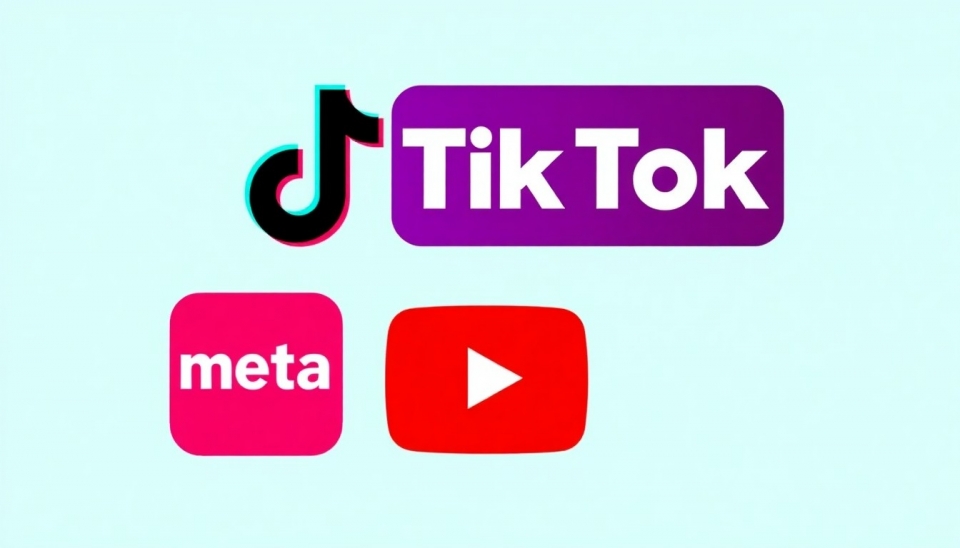
In a significant development for the tech giant Meta, the company is bracing itself for a pivotal court showdown with the Federal Trade Commission (FTC), which is making headlines in the tech industry. This imminent legal battle centers around accusations from the FTC that Meta is engaging in anticompetitive practices that threaten to stifle competition in the fast-evolving digital landscape.
The FTC's case, which gained traction during a period marked by increasing scrutiny of Big Tech, alleges that Meta has monopolized critical segments of the social media market, effectively using its financial heft to squash competition. By acquiring smaller rivals and integrating them into its larger ecosystem, the agency argues that Meta not only maintains but also strengthens its dominant market position, leaving little room for new entrants and innovation.
As part of its defense strategy, Meta has been meticulously preparing to counter the FTC's claims. The company argues that its acquisitions are beneficial for consumers, enhancing user experience and fostering innovation. Legal experts believe that this argument will form the backbone of Meta's defense as the case unfolds in court. They contend that demonstrating how these acquisitions contribute positively to consumer choice and market efficiency could sway judicial opinion.
The impending trial is poised to attract widespread media attention, as it underscores the ongoing tension between antitrust regulators and technology firms that dominate the online landscape. Meta's legal team is not merely preparing for a battle of facts but is also gearing up for a publicity war, aimed at shaping public perception to reflect the positive impacts of its business strategies.
With the stakes in this case being incredibly high, Meta is expected to deploy a comprehensive defensive strategy that encompasses a blend of legal arguments and public relations maneuvers. This multidimensional approach is indicative of the larger narrative at play in the technology sector, where firms like Meta are not just fighting legal battles but also striving to retain public trust and market confidence.
As the legal process unfolds, industry insiders and analysts will critically examine the implications of the case on Meta’s business operations and the broader tech industry. The outcome could have far-reaching consequences not only for Meta’s future expansion plans but also for how other tech companies navigate the complex interplay of competition and regulation.
Observers are keenly watching how the outcome of this case might shape future antitrust actions against technology firms. Should the FTC succeed, it could embolden further scrutiny of other large tech players, igniting a broader reckoning within the sector. Conversely, if Meta prevails, it might signal a shift in how antitrust regulations are applied to tech companies, potentially altering the landscape of enforcement going forward.
As Meta readies itself for what promises to be a protracted legal battle, how it manages this crisis could define its reputation and strategy for years to come. Observers will be looking for any signs of how this case might affect the tech giant's relationships with investors, consumers, and regulators alike.
In conclusion, the upcoming court case represents not just a fight for Meta's corporate existence but also a battleground for the future of antitrust law in the digital age. As both parties craft their arguments, the results of this clash could establishes new precedents that resonate throughout the technology sector.
#Meta #FTC #Antitrust #Monopoly #LegalBattle #TechNews #BigTech #Innovation #Competition
Author: Liam Carter




